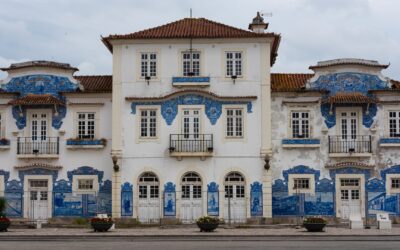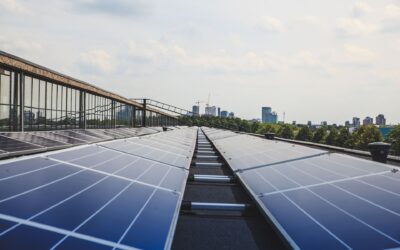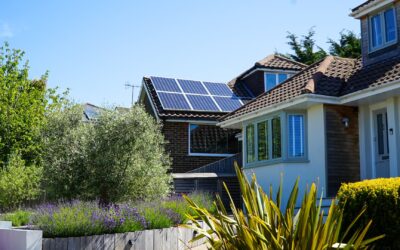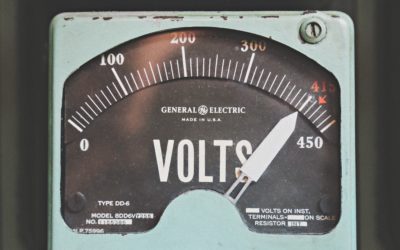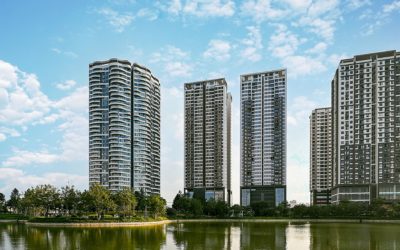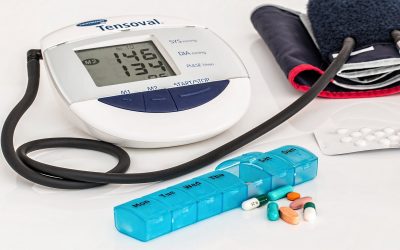cartif projects
frESCO
New business models for innovative energy service bundles for residential consumers
Description
frESCO aims to engage with ESCOs and aggregators and enable the deployment of innovative business models on the basis of novel integrated energy service bundles that properly combine and remunerate local flexibility for optimizing local energy performance both in the form of energy efficiency and demand side management.
Such new service and businees models will bring under common Pay4Performance Contracts 2 currently differentiated service offerings to enable the creation of next-generation smart energy service packages.
frESCO´s new business models will be demonstrated in 4 different pilots with complementary characteristics facilitating the replicabillity of frESCO´s solutions across Europe.
Objectives
- Technical objectives focusig on the provision of frESCO´s energy services and associated technologies, to be used as a basis for the operation and marketing of companies through a business plan.
- Commercial, innovation and exploitation objectives focusing on the evaluation and validation of the solution, the dissemination of the excellence obtained and its entry into the market.
Actions
- Simulation-based evaluation of new business models associated with ESCOs.
- Development of a set of analyses to ensure personalised energy management, respecting user comfort conditions and taking into account the requirements of the end user to ensure that human behaviour is taken into account.
Expected Results
The main objective of the project is to deepen in the business models for the provision of advanced energy services and to work in the associated technologies, so most of the results obtained in the project will be the serices developed, and the methodology of exploitation of these services or solutions.
Partners
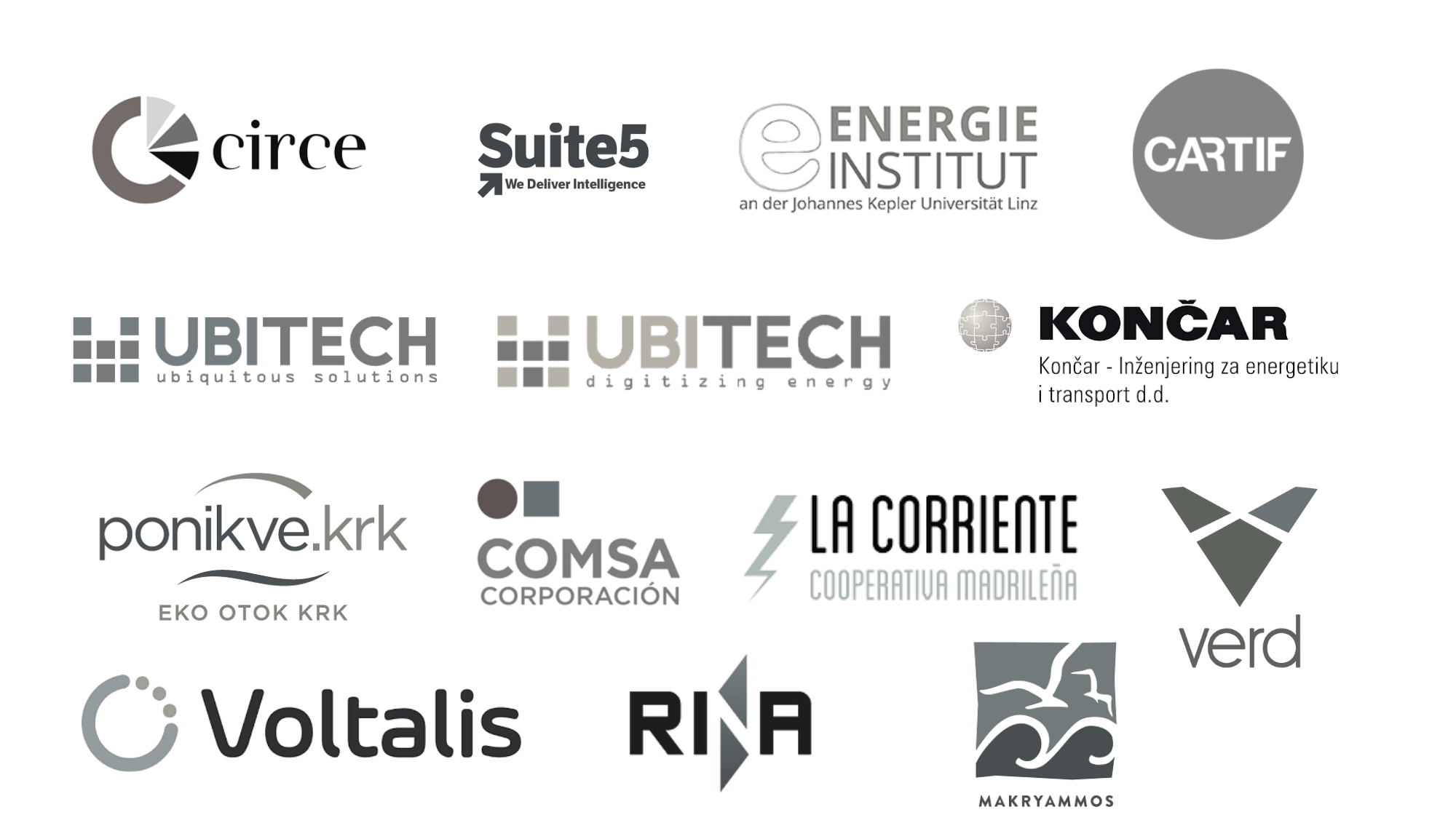
H2020
H2020-LC-SC3-EE-2019
No. 860441

Total Budget: 3.987.195 €
Contribution: 3.987.195 €
Duration: Junio 2020 – Noviembre 2023
Responsible
Victor Serna
Energy Division
Networking
Energy Efficiency Projects:
ENERGYGUARD
The EnergyGuard project will create an innovative test platform for artificial intelligence (AI) in the energy sector, integrating five European test centres with a green HPC infrastructure.
SIRCULAR
SIRCULAR seeks to transform the construction sector into a sustainable, low-carbon industry through decarbonisation strategies. Its main objective is to reduce carbon emissions by minimising reliance on virgin materials and exploring low-carbon alternatives, such as recycled materials.
SMARTeeSTORY
SMARTeeSTORY will create an integrated intelligent building automation and control system to monitor and optimise the energy performance of historic non-residential buildings, according to an innovative multi-domain approach (integrating the 9 domains proposed by the ISR methodology).
FoSSIS3
FoSSIS3 objective is to develop an operational Platform based on artificial intelligence to support decision-making in the energy planning process, through the characterization and estimation of the solar resources, and the development of analytics that support the strategy to improve the energy behavior of the building sector.
BuildON
BuildOn pretends to develop a generic solution and highly replicable to offer services on buildings, facilitate the integration of their systems and technologies and with it, help to construct a new generation of smart buildings.
ENFLATE
ENFLATE applies technologies on data-driven energy and non-energy services, which it will replicate in different geographies and climates, considering different consumer needs.
DIGIBUILD
DigiBUILD overview is to provide an open, interoperable, cloud-based toolbox to transform buildings from traditional `silos´ into interoperable, smarter, digital buildings based on consistent and reliable data
DEDALUS
DEDALUS will design, develop and demonstrate micro (home/flat) and macro (building and district) participatory demand response ecosystems in multiple energy vector systems and with a social and human science based approach
MATRYCS
The main objective of MATRYCS is to define and deploy a Reference Architecture for Buildings Data exchange, management and real-time processing, and to translate this reference architecture into an Open, Cloud-based Data Analytics Toolbox. It will enable AI-based cross-sector analytics for smart energy-efficient buildings, based on seamless data-information-knowledge exchange under respective sovereignty and regulatory principles.
PROBONO
PROBONO brings together a European multidisciplinary consortium of 47 partners, to turn the six European districts into Green Building Neighbourhoods, with positive energy balance and zero carbon emissions: two large-scale demonstrators and four living labs representing business/owner promoters of the green buildings and neighbourhoods transition.
BD4NRG
BD4NRG envisions to confront big data management challenges for the energy sector, giving a competitive edge to the European stakeholders to improve decision making and at the same time to open new market opportunities.
EnergyChain
EnergyChain goal is to use Blockchain to develop a system that will support the energy exchange between prosumers without the need of a central entity in charge of the managing.
Auto-DAN
The Auto-DAN project aims to enable homes and small businesses across the EU to optimize their energy consumption and provide and assessment of the live energy performance of a building. The solution will focus on the assistive role automation will have in buildings.
MiniStor
MiniStor aims at designing and producing a nvel compact integrated storage system for achieving a sustainable heating, cooling and electricity storage adaptable to residential buildings.
SO WHAT
SO WHAT project aims to develop and validate an integrated software for auditing industrial process, planning and simulation of waste heat and cold (WH/C) valorisation systems towards the identification of economically viable scenarios where WH/C and renewable energy sources (RES) cooperate to match local demand.
BIM-SPEED
BIM-SPEED has as its main objective to seeks to increase the use of BIM methodologies in the deep renovation of buildings for energy efficiency
SUDOKET
The Sudoket project focuses its activity on the mapping, consolidation and dissemination of Key Enabling Technologies (KETs) for the construction sector in the SUDOE space.
SISGENER
SISGENER’s objective is the development of a low-cost comprehensive energy management system for the management of generation and consumption that takes place in buildings with centralized services.
QUDRA
Energy improvement plan that allowed the reduction of municipal energy expenditure and the training of municipal technicians in energy matters
GAPSA
The GAPSA project’s main objective is to clearly define the real savings obtained due to the savings measures that will be implemented in the 33 primary care health centers
REEMAIN
The REEMAIN project combines cutting-edge knowledge and experience to develop and demonstrate a methodology and platform that drives the efficiency of energy and material resources.


